Ivan Kharuk, a member of the National Union of Journalists of Ukraine (NUJU) and a correspondent for the Espresso TV channel, is also a coordinator of the Community of Sant’Egidio in Ivano-Frankivsk. This organization has been operating in the city for several years, helping people in difficult circumstances. Ivan Kharuk and his colleagues consider their volunteering to be service. Before February 24, the community helped the poor, homeless, gypsies, and people from senior boarding houses. And for more than a year, the humanitarian center of the Community of Sant’Egidio has also been helping displaced people who are escaping the consequences of the full-scale Russian invasion of Ukraine in the Prykarpattia city [Ivano-Frankivsk – Ed.].
“Since the humanitarian center started working, there have been more than 35,000 visits, but actually; more people have received help because it is given to families. We approach each displaced person individually to learn more about their conditions and what they really need,” Ivan Kharuk said.
On February 24, Ivan was awakened by a phone call from a friend from the community in Rome, who asked if there was any bombing and what the actual situation was. He learned from him that the war had begun.
The Community of Sant’Egidio is an international organization, so help began to come from abroad. Ivan Kharuk says that the help center arose spontaneously: resources and those who need help appeared.
“The community provided its help in many countries in a war, so there was an experience that helped create the conditions for it to work here as well. In order to avoid long queues, we created a Telegram channel where people could register on a day and time convenient for them,” Ivan said.
Our colleague at the humanitarian center of the Community of Sant’Egidio helps twice a week: on Mondays and Wednesdays. He says it is difficult to combine because a lot of journalistic work has also been added. Besides, he began to demand more from himself. Everyone needing help is spoken to, and their stories are heard at the Community of Sant’Egidio center. Service has never hindered the work of a media person; on the contrary, it has helped. Often, the visitors of the help center become the heroes of the journalist’s TV stories. After the full-scale invasion, Ivan noticed that he became more sentimental and began to perceive everything that was happening around him more sensitively.
“If earlier, when materials were made and they mostly did not affect you, now these stories stay with you. We felt our responsibility. When eight hundred people gathered under our walls, it was a challenge. But we saw that our work is needed. The best result of your work is when you see it. This is the best motivation. We heard and saw a lot this year. People come to us from Vuhledar, Sievierodonetsk, Krasnohorivka, Lyman. They fled via different routes. It is particularly difficult to hear when a displaced person receives help, and then someone calls them telling about the death of someone close. Such cases leave their mark on you and change you,” says Ivan.
Despite everything, Ivan Kharuk continues to be passionate about his work. He says that otherwise, he will not feel complete. He has been in journalism since 2007 and cannot imagine himself without it.
On Journalist’s Day, Ivan Kharuk was awarded the NUJU‘s Certificate of Honor for his significant volunteer activity.
Call the Ivano-Frankivsk Journalists’ Solidarity Center by dialing 066 677 0726 (Viktoriya Plakhta, the JSC coordinator). The Center’s address is 25 Sichovykh Striltsiv Street.
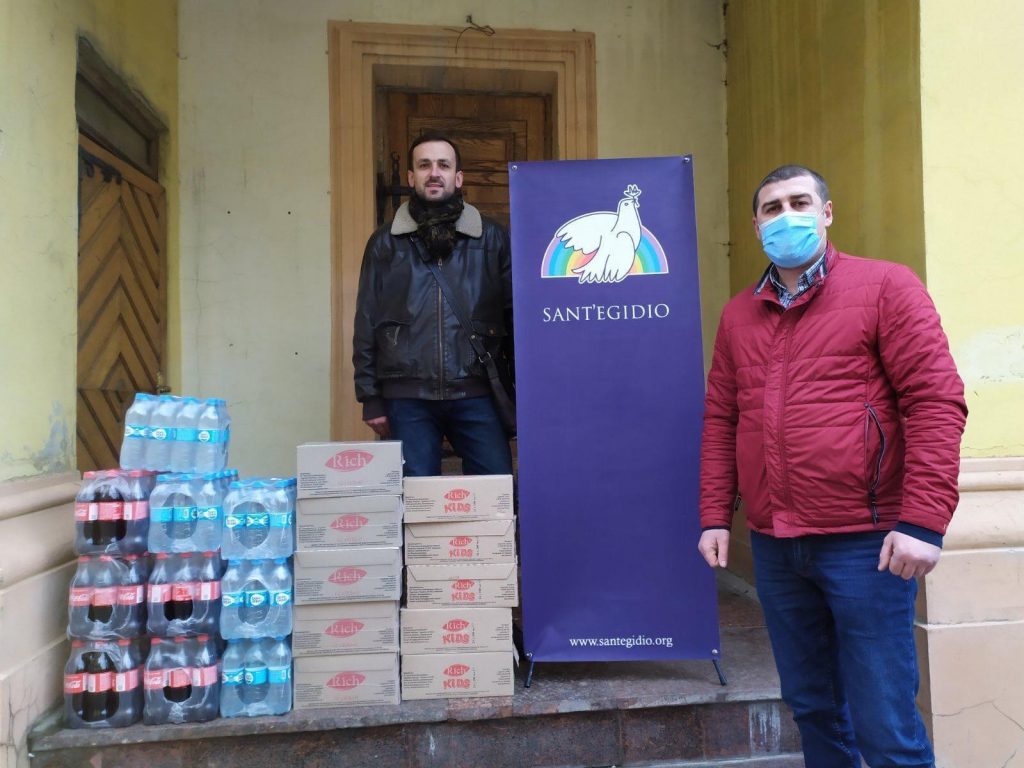
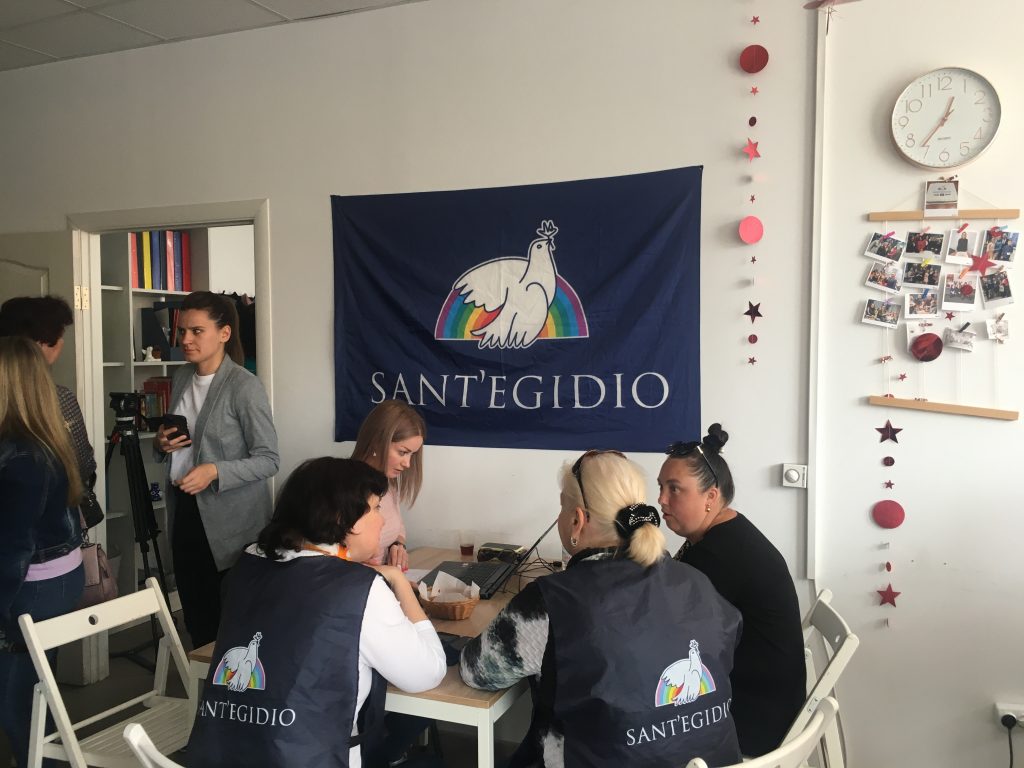
As earlier reported, the Journalists’ Solidarity Centers is an initiative of the NUJU implemented with the support of the International and European Federations of Journalists and UNESCO. The initiative is designated to help media representatives working in Ukraine during the war. The Centers operate in Kyiv, Lviv, Ivano-Frankivsk, Chernivtsi, Zaporizhzhia, and Dnipro and provide journalists with organizational, technical, legal, psychological, and other types of assistance.
UNESCO is the United Nations Educational, Scientific, and Cultural Organization. It contributes to peace and security by promoting international cooperation in education, sciences, culture, communication, and information. UNESCO promotes knowledge sharing and the free flow of ideas to accelerate mutual understanding. It is the coordinator of the UN Action Plan on the Safety of Journalists and the Issue of Impunity, which aims to create a free and safe environment for journalists and media workers, thus strengthening peace, democracy, and sustainable development worldwide. UNESCO is working closely with its partner organizations in Ukraine to provide support to journalists on the ground.
The designations employed and the presentation of material throughout this digest do not imply the expression of any opinion whatsoever on the part of UNESCO concerning the legal status of any country, territory, city, or area or its authorities or concerning the delimitation of its frontiers or boundaries.
The authors are responsible for the choice and the presentation of the facts contained in this digest and for the opinions expressed therein, which are not necessarily those of UNESCO and do not commit to the organization.
NUJU Information Service

 THE NATIONAL UNION OF
JOURNALISTS OF UKRAINE
THE NATIONAL UNION OF
JOURNALISTS OF UKRAINE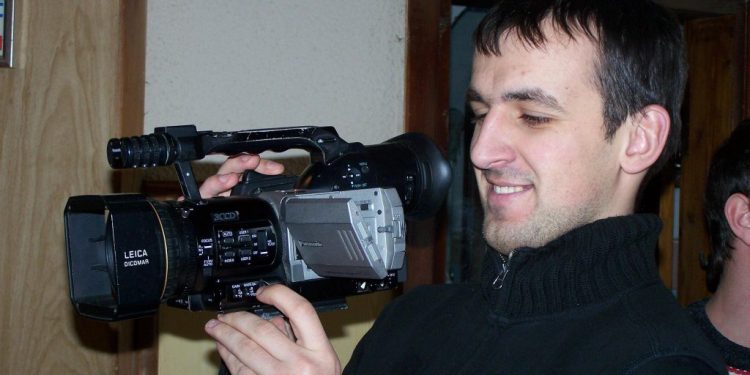
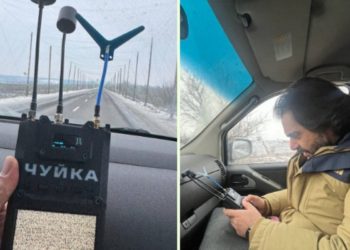
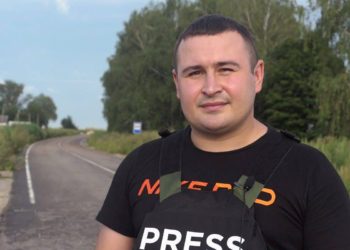
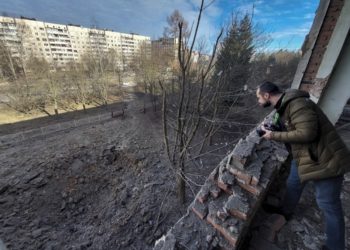













Discussion about this post